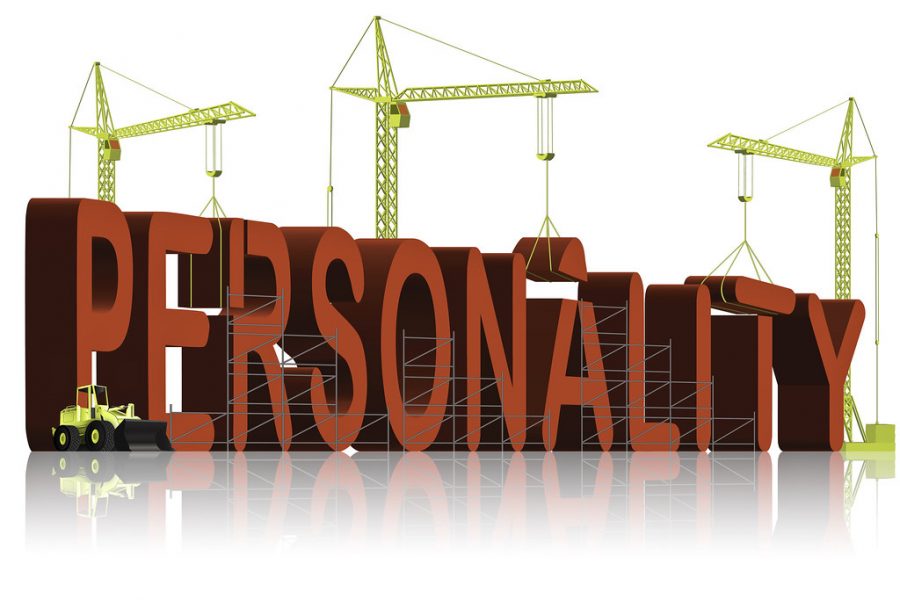Nurture in Personality
September 17, 2019
Personality is a set list of characteristics and behaviors that identify a person. From identity formation, personal morals, and more–the way an individual is brought up has control over one’s adulthood and who the individual becomes.
Self-identity is a mental representation of who someone is; this is formulated through making defining choices, their surroundings, and societal influence during childhood and adolescence. Children gather information about themselves from the outside world. This collected information aids them to establish a sense of self. When individuation is achieved, a person has a distinct personality that can be recognized and known by others.
A person’s idea of themselves stems from their collective knowledge from past experiences. Intelligence, emotional reactivity, happiness, and more can be affected by unpleasant experiences. Whether negative or positive, the past affects everyone in a myriad of ways.
I personally interviewed several students at Pitman High regarding how their past experiences affected them and transformed their way of thinking. The way each responded displays how one’s environment and the surrounding people can truly transform an individual’s way of thinking.
Majed Ammari, a junior, states: “My prioritized value is to treat others the way I wish to be treated. I have had experiences with being bullied throughout elementary and middle school. Although miserable at the time, I am grateful that I got to experience it first hand as it taught me to give respect to those who may not seem like they need or deserve respect.”
Majed adds, “It [the way he was raised] taught me that being different is okay. For example, many of my peers in elementary and middle school would change themselves so that they would fit in with a popular group of friends. My parents always told me that it’s okay to go against the grain and that I don’t have to change myself for other people.”
Maryann Abeyta, a junior, stated, “My values are: treat everyone the way you want to be treated, not to take anything for granted, and to live in the moment. I don’t like when other people are mean to me, so I wouldn’t want to be mean to them. Anything that you take for granted can be gone at any time–I missed a lot of opportunities because I was scared of the outcome.”
Jessica Melchor states, “My parents always taught me to respect others and be a good citizen. They are the reason I have good morals today.”
She goes on to say, “You should always try to treat people kindly even if they are cruel towards you because you don’t always know how their life is and the circumstances they’ve been put in. When I was bullied I came to realize that person did so as a defense mechanism and I don’t blame them for it.”
Another junior at Pitman, Stephanie Nuñez, adds her personal background and how it has affected her view of life: “My parents always worked very hard for my brother and me to have everything that we needed. That made me realize that hard work is necessary for survival. It also made me value everything my parents gave me and not take simple things for granted.”
She concludes: “I value my family, friends, and hard work. Growing up, I had a very small family; so, it made me value those individuals more. Friends have always been a part of my life. They’ve helped me overcome things that I couldn’t speak to about with my family. My whole family–including myself–has worked hard for everything that we have. I know that you can’t ask for everything and you need to put in time plus effort in order to achieve what you want in life.”
Every person has had experiences that have perpetually impacted their perspective and actions in life. The environment that someone lives in dramatically changes how they think and their thought processes. Whether it’s from making life-defining decisions to the way one treats others, an individual’s past and the surrounding people definitely influences their personality.
